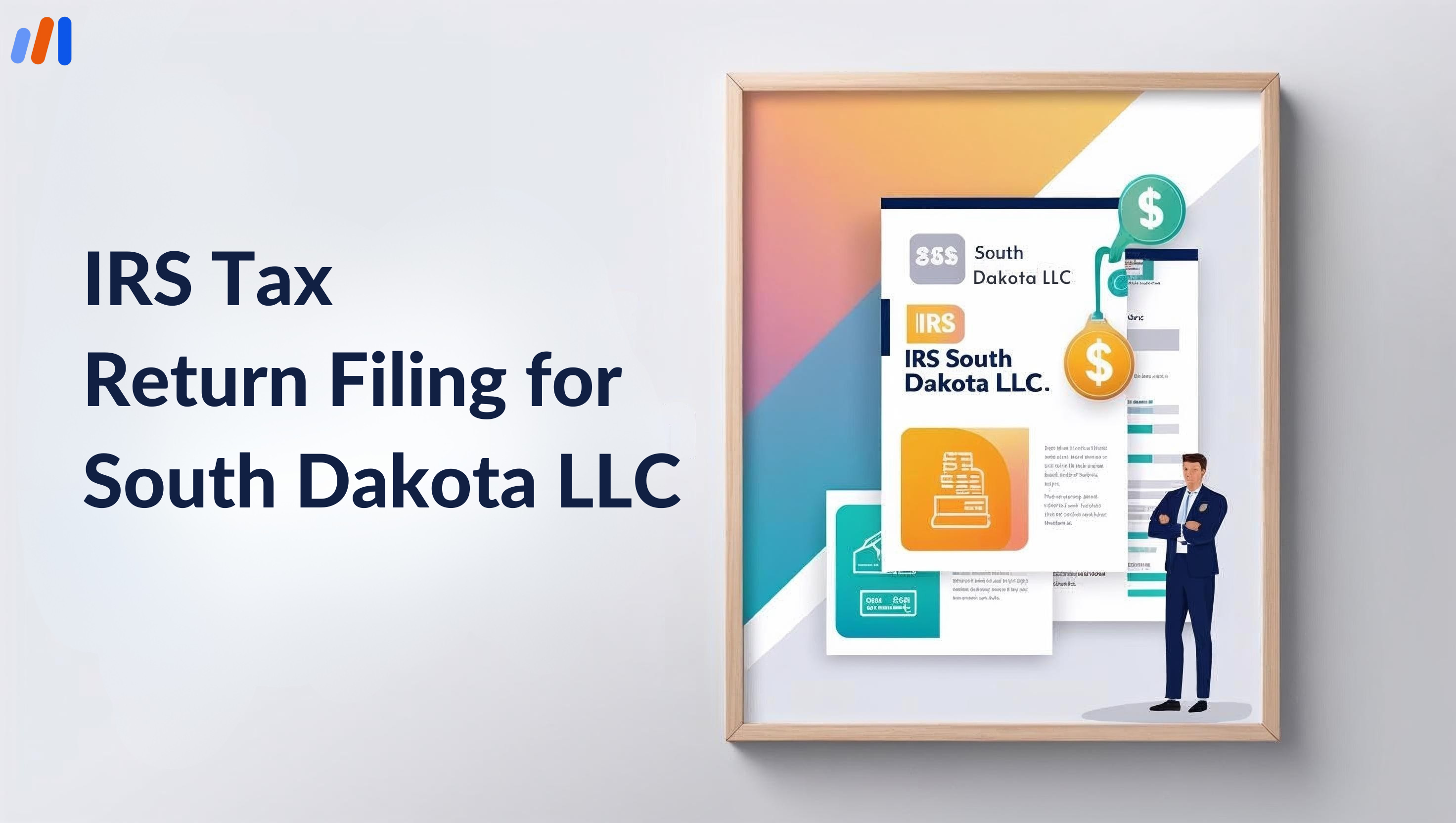The Hidden Cost of Bad Bookkeeping
In today’s world, driven by data, accounting has evolved from a peripheral activity to a core business driver in a company. However, business owners continue to overlook the hidden cost of neglected bookkeeping. Whether it’s tax deductions that need to be claimed or broken trust with investors, the consequences of bad bookkeeping can quietly erode a business and its value.
The repercussions of ignored bookkeeping problems do not happen overnight. Rather, they seep in slowly through the inaccurate reports, muddled cash flows, and decisions made on fraudulent numbers. These errors build up over time, which can result in devastating losses, potential legal battles, and in some situations, even the downfall of a business.
In this article, we outline the reasons and real-world case studies of why neglected bookkeeping is damaging a business’s bottom line, way more than just its finances.
Why Bad Bookkeeping Happens And What Problems Arise From It
Most of the time, bad bookkeeping stems from good-faith accounting blunders such as:
- Not having the right training or education: A business owner is not trained in finances, which is why they try to do the accounting themselves.
- Using outdated technology: Relying on spreadsheets or paper-based systems instead of cloud technologies greatly increases the chances of making a mistake.
- Not caring and delaying tasks: When bookkeeping is an afterthought, corners get cut. Tasks stack up. Accuracy, if attempted, goes out the window.
- Overreliance on Do-It-Yourself Software: While software like QuickBooks can be useful, it needs to be set up correctly or it won’t be useful at all.
The hidden cost of poor bookkeeping surfaces when missed payments, unpaid taxes, duplicate entries, and misclassified expenses are left uncorrected. The impact of such small oversights is far greater.
The Actual Impact: The Hidden Cost of Poor Bookkeeping
Let’s examine both the visible and non-visible impacts:
- Tax Fines and Missed Write-offs
Filing incorrectly or not filing at all can draw penalties from the IRS. Often, poor record keeping is the result of a disorganized filing system, which means unaccounted tax write-offs as well. - Financial Reports Using Wrong Data
Any financial report, such as a profit and loss report, is meaningless if the components of such reports are outdated, miscategorized, or based on sheer guesswork. - Devastating Cash Flow Effects
Planning cash flow becomes an exercise of imagination rather than a straightforward and real-time assessment of the business if receivables and payables are not tracked. - Excessive Audit Risks
Chaotic or inconsistent documentation can cause audits to be far more costly and risky as well as take significantly more time, as each document needs to be justified. - Loss of Business Standing
In the eyes of the business, back payments or unfulfilled payments not only shake confidence but provide a means to sustain the business until the funds dry up.
The hidden cost of poor bookkeeping is the result of little oversights that compound and the cascading impact they cause until they cross a threshold.
Case Studies: The Consequences of Bad Bookkeeping
Case 1: The Out-of-State Sales Tax Oversight
A New York-based eCommerce startup disregarded sales tax remittance for out-of-state sales over two years. They ended up with a tax bill of $150,000, putting a sudden stop to their growth plans and scaring off new investors.
Case 2: The Restaurateur’s Payroll Classification Overhaul
A restaurant chain fell prey to a common mistake of classifying employees as contractors. This incurred $70,000 in back taxes and fines due to an IRS audit. The founder later revealed that they solely relied on a friend who “knew some accounting.”
Case 3: SaaS StartUp Series A
A promising SaaS startup lost its Series A funding when its financials couldn’t be validated during due diligence. The investors walked for “poor transparency.”
Real-life bookkeeping blunders highlighted in these case studies show that a lack of strategic financial oversight can destroy even the most successful businesses.
The 7 Most Significant Issues with Bookkeeping in 2025
- Missed Tax Deadlines & Fines
Fines, interest, and lost revenue all result from failing to file taxes on time. - Cash Sufficiency Rumors
It’s extremely difficult to promote a business when there’s no clear record of inflow and outflow. Cash flow becomes a nightmare to manage. - Legal Trouble and Audit Risks
An IRS audit can happen without any advanced notice and disrupt business operations. A lack of proper documentation puts your business at risk. - Investment Disengagement
An organization with obscured financial records and books will not attract any investors. Lack of visibility and poor transparency raise red flags. - Operational Hurdles and Time Inefficiencies
The more time is spent correcting a business error, the more time the business is slowing down. - Excessive Fees Due to Poor Accounting
Margins can be aggressively destroyed by paying excessive fees, duplicate vendor payments, and unclaimed refunds. - Flawed Capital Insights and Budgeting
Strategic business moves rely on accurate data. Flawed data due to poor bookkeeping practices leads to spent capital with poor returns.
Very few business owners actively consider the hidden costs of poor bookkeeping until it is too late, and all the above issues catalog the lack of bookkeeping.
The Internal Impact of Poor Bookkeeping Mistakes on the Business
Inefficient bookkeeping can disrupt operations.
- Work productivity halts, resulting in stagnated operations.
- Sales forecast is overly optimistic, impacting funds and new campaigns.
- HR: Payroll is routed late, compliance is poorly managed, and standards.
- Executive leadership formulates strategy and makes operational decisions based on manipulated financial dashboards
A business requires reliable, accurate, and trusted data to build confidence that drives growth. Poor bookkeeping and unreliable data are silent growth blockers and killers.
Benefits of Maintaining Strong Bookkeeping Practices: More Than Just Records
Accurate bookkeeping can be a lever for growth:
- Enhanced cash flow with access to up-to-the-minute tracking
- Accurate filing with proactive deductions for tax
- Readiness for investors with reports created at a professional level
- Informed strategy based on accurate forecasting and KPIs
- Financial health provides peace of mind when under control
The books are clean when the numbers enhance decisiveness for action.
The Role of Efficient Bookkeeping on Business Success
Compliance is just one piece of a much larger umbrella of control, visibility, and foresight, which is strategic bookkeeping.
Professional solutions or outsourcing can help businesses with:
- Avoiding costly mistakes
- Acquiring expert advice
- Grants freedom to pursue and focus on growth
In 2025, when compliance requirements are on the rise, strong bookkeeping will shift from optional to the level of no longer being required.
Take Control: How EasyFiling Can Save You From Bookkeeping Disasters
At EasyFiling, our business philosophy is to help various businesses avoid the considerable yet unnecessary expense incurred as a result of bad bookkeeping. With over a decade of experience, our bookkeepers make sure your records are kept clean, compliant, and ready for any audits preemptively. We offer:
- Integrated Preps for taxation
- Cloud-based reporting dashboards
- Customized bookkeeping solutions
- Strategic, corrective financial insights
Let your business not be shaken by the risk of bad records. Hiring EasyFiling will help you attain accuracy, clarity, and best of all, peace of mind.
Conclusion: Don’t Let Bad Bookkeeping Sink Your Business
Too much business focus is lost by the hidden costs incurred by poor bookkeeping. Blocks of legal trouble can lead to lost revenue; the risks are endless. Poised with the correct awareness and business intelligence, you can sidestep a disaster and build a resilient data-driven company.
Every business has a story to tell, kept hidden with numbers. Make sure a business portrays them right, on time, and empowering.
The Hidden Cost of Poor Bookkeeping for Business: FAQs
Q1: What is the single biggest cost of poor bookkeeping?
A: A lack of trust and confidence in the organization, which leads to a decline in trust overall.
Q2: Am I susceptible to an audit because of poor bookkeeping?
A: Yes. A lack of consistency alongside a high error rate in the records is a key indicator for an audit.
Q3: How often should I update and keep records?
A: The ideal time for bookkeeping is on a weekly or bi-weekly basis, although a minimum of monthly sessions is advisable.
Q4: Should a professional bookkeeper be hired?
A: When finances begin to accumulate, hiring a professional will simplify tasks and cut down time on bookkeeping.
Q5: Can DIY bookkeeping be done for small businesses?
A: Yes, but only if one possesses the time, training, and systematic dedication. Other than that, errors are bound to occur.
File Your LLC Today
25$ off with a coupon
Lock in EasyFiling's transparent rates and get lifetime compliance support at no extra cost.
Get Started Now







